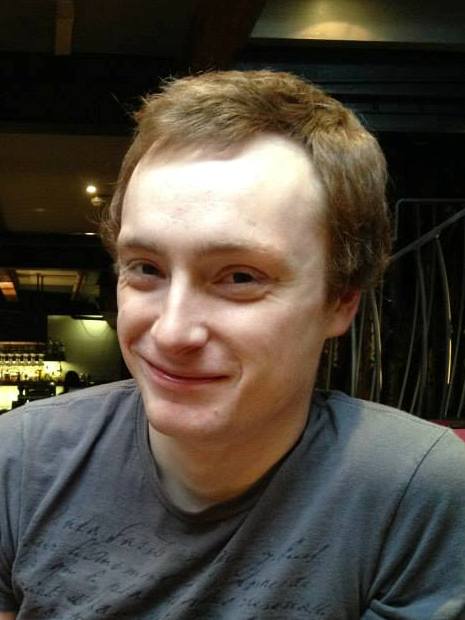Gravitational Lensing
Guest Speaker
Thursday, 21st April 2016 (19:15 - 22:00)
Venue: swmcmeet
Please note the earlier start.
James Nightingale says:-
 Gravitational lensing is now one of Astronomy and Cosmology's most promising tools to observe both the light and dark Universe. Caused by the bending of light by every object present in our Universe (stars, galaxies, dark matter, etc.), it was first exploited by Einstein, nearly a century ago, to give the first observational evidence in favour of his now famous theory of general relativity. Just under one hundred years later, it has blossomed into one of the most powerful phenomenon used by modern day astronomers. I will present how it is now being used to study the smallest and largest structures in our Universe, beginning with microlensing, whereby the bending of light around distant stars will one day see us detect Earth-like planets outside of our own galaxy, the Milky Way. This is followed by strong gravitational lensing, the only scale at which gravitational lensing acts truly as a lens, magnifying the light of the, otherwise invisible, most distant galaxies in our Universe. I then conclude with weak gravitational lensing, where the gravitationally lensed light of over ten million galaxies is currently being collected, in order map out the structure of the entire Universe.

Speaker: James Nightingale
James is a final year PhD student at the University of Nottingham, developing software to analyse strong gravitational lens systems.

